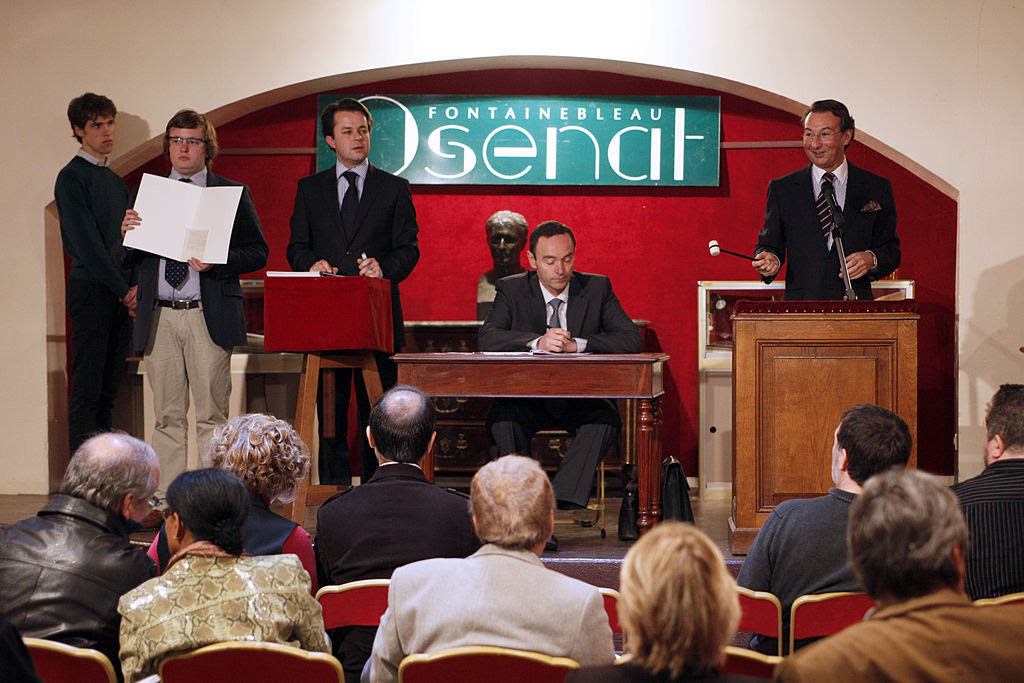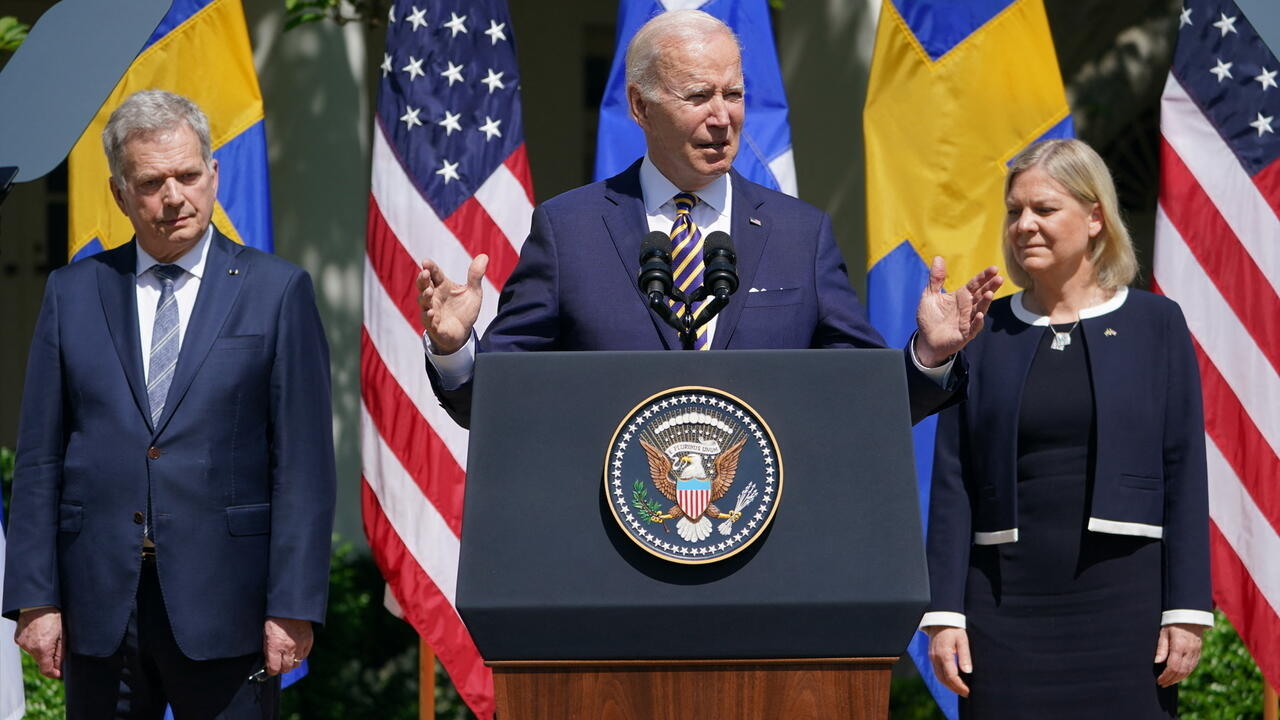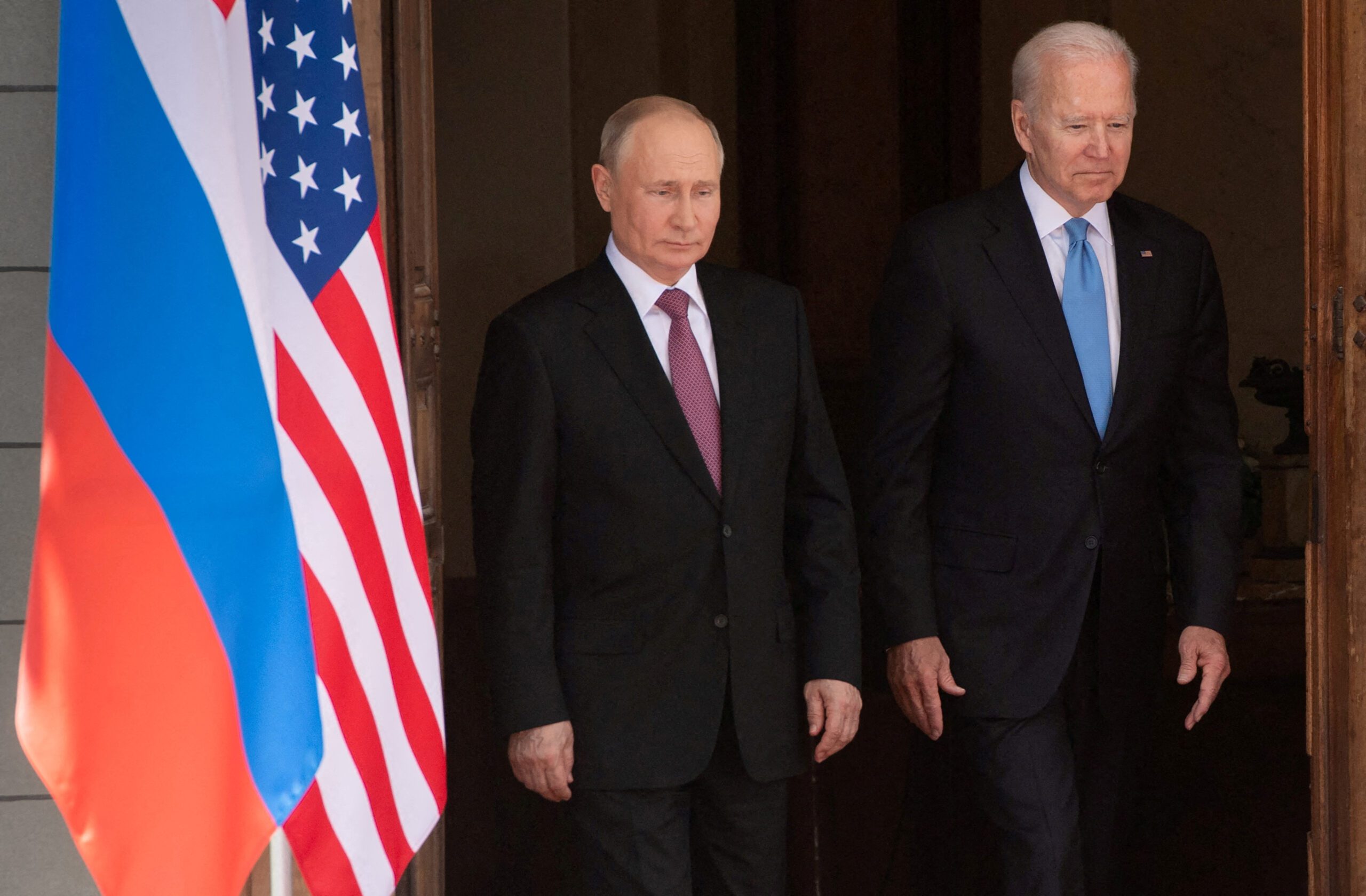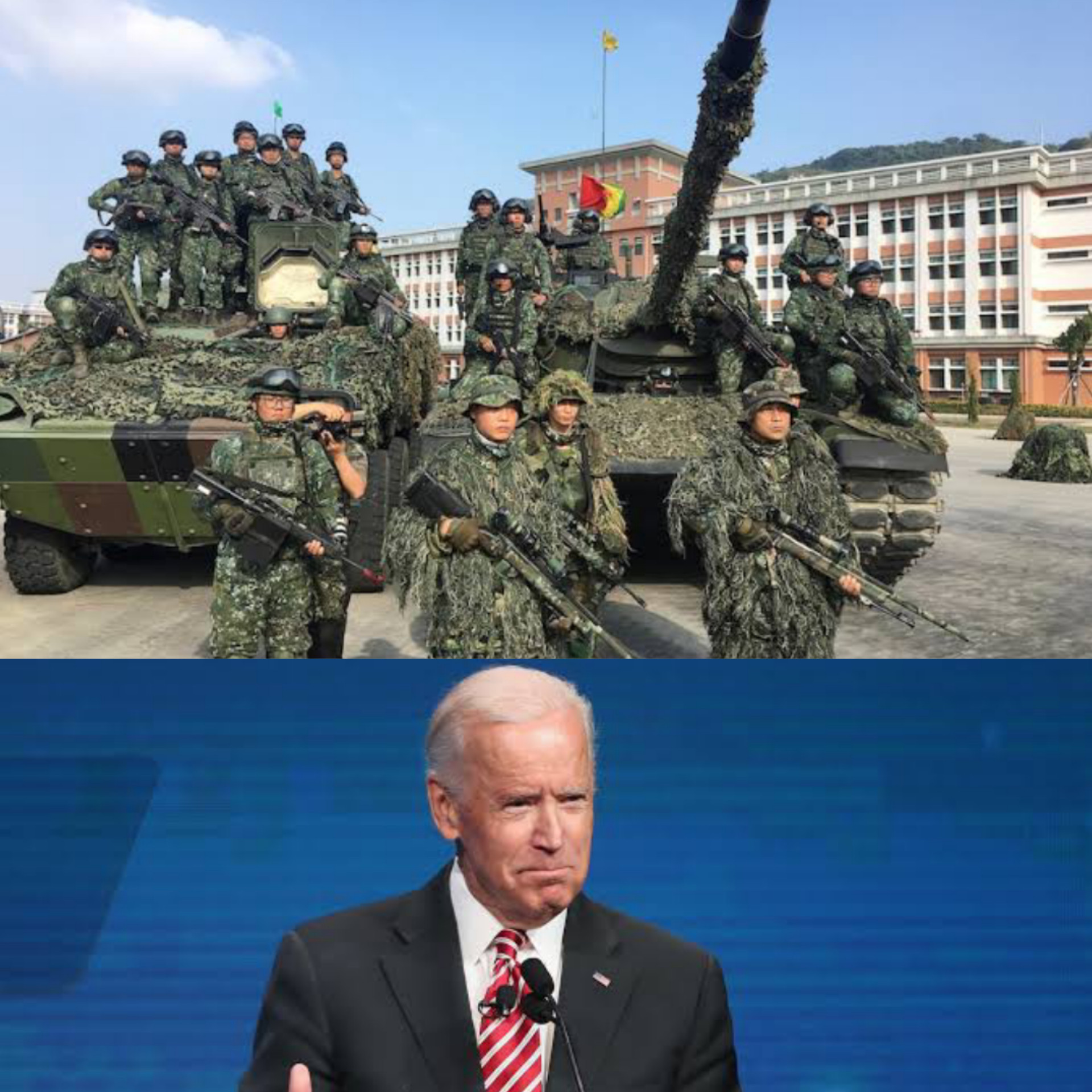News
Chinese hypersonic missile launch is very concerning – US Army chief, Mark Milley says after America fails its own missile test
Chairman of the US Joint Chiefs of Staff, Mark Milley has expressed his concerns over China’s suspected hypersonic missile test, calling it a ‘Sputnik moment’, referring to the Soviet satellite launch that sparked the Cold War arms race.

The Financial Times reported this month that China carried out a hypersonic missile test, which stunned the US military.
Reports indicate that it was a nuclear-capable missile that could evade US air defense systems. Beijing denies any missile test, saying instead it was a spacecraft. And just last week the US failed in its own hypersonic missile test.
In an interview with Bloomberg News, Milley says that the Chinese military is “expanding rapidly”.
“What we saw was a very significant event of a test of a hypersonic weapon system. And it is very concerning,” Gen Milley told Bloomberg on Wednesday, October 27.
“I don’t know if it’s quite a Sputnik moment, but I think it’s very close to that. It has all of our attention.”
Gen Milley also warned that the Chinese military has grown “from a peasant-based infantry army that was very, very large in 1979 to a very capable military that covers all the domains and has global ambitions”.
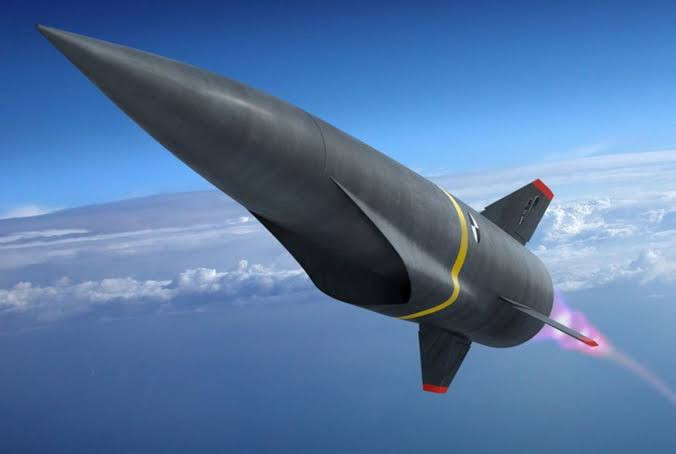
Pentagon spokesman John Kirby refused to comment on the general’s remarks at a Wednesday briefing, saying: “This is not a technology that is alien to us, that we haven’t been thinking about for a while.”
He added that the US is working to strengthen defense systems and pursuing its own hypersonic capabilities.
The 1957 Soviet satellite launch of ‘Sputnik’ shocked the US who feared that the Soviets were pulling ahead in technological ability.
The event forced President John F Kennedy to declare that the US would land men on the moon, a goal achieved in less than a decade.
Hypersonic missiles are capable of traveling at five times the speed of sound. They are considered more maneuverable than conventional missiles and more capable of avoiding interception from air defense.
